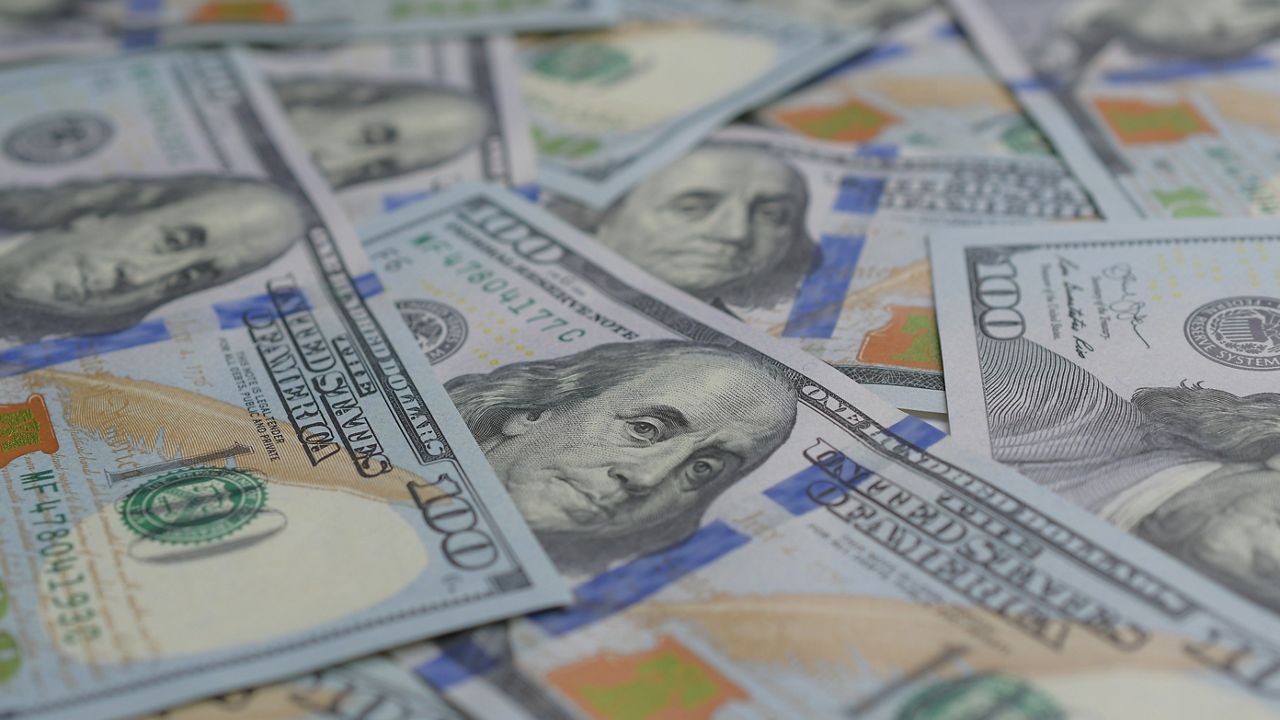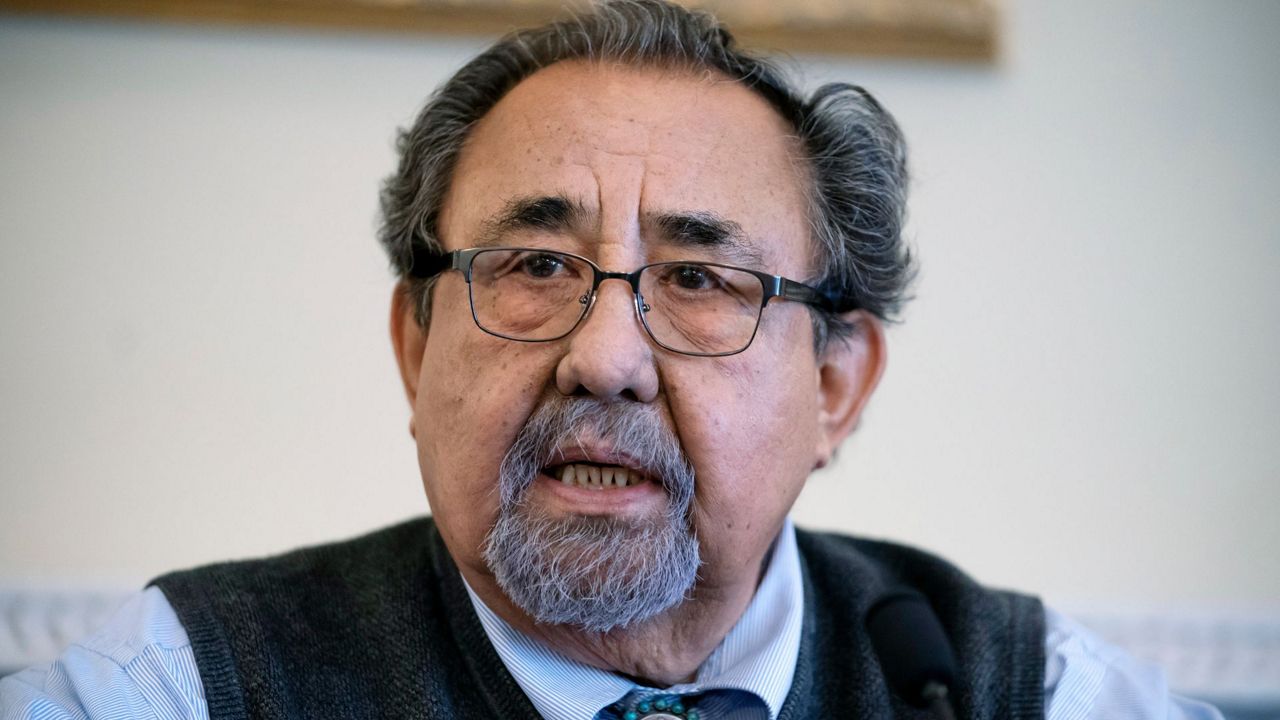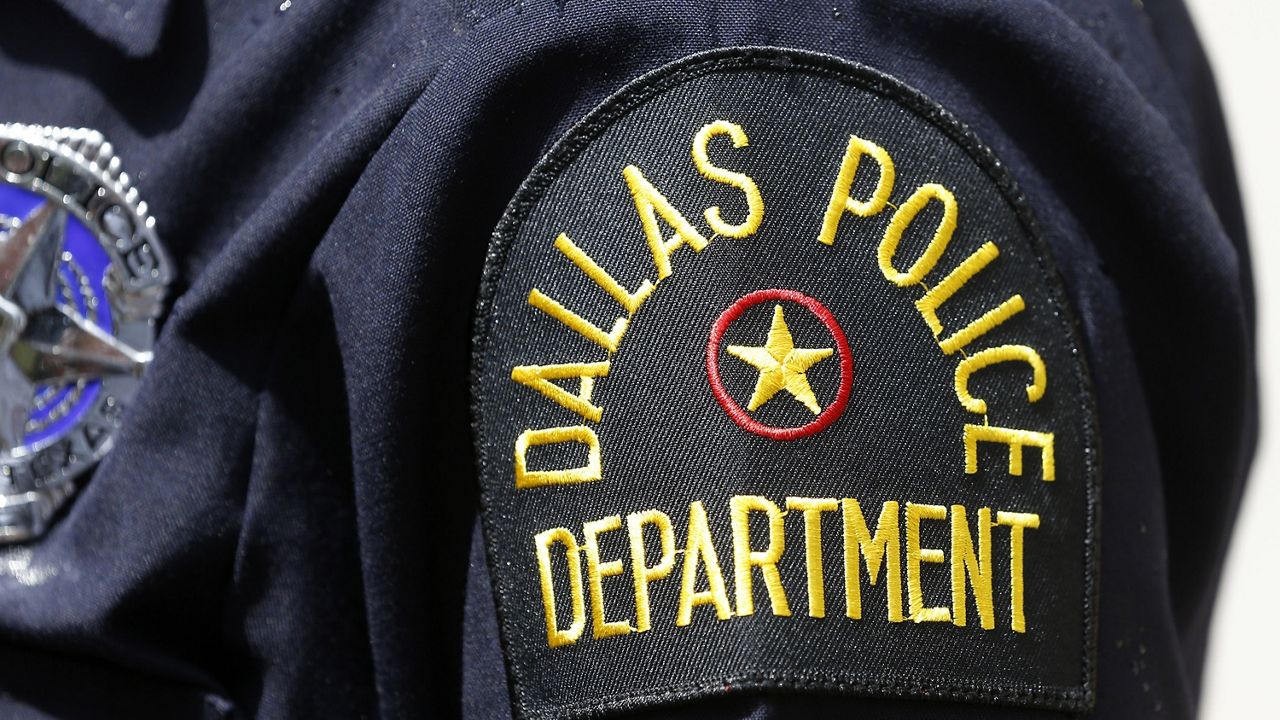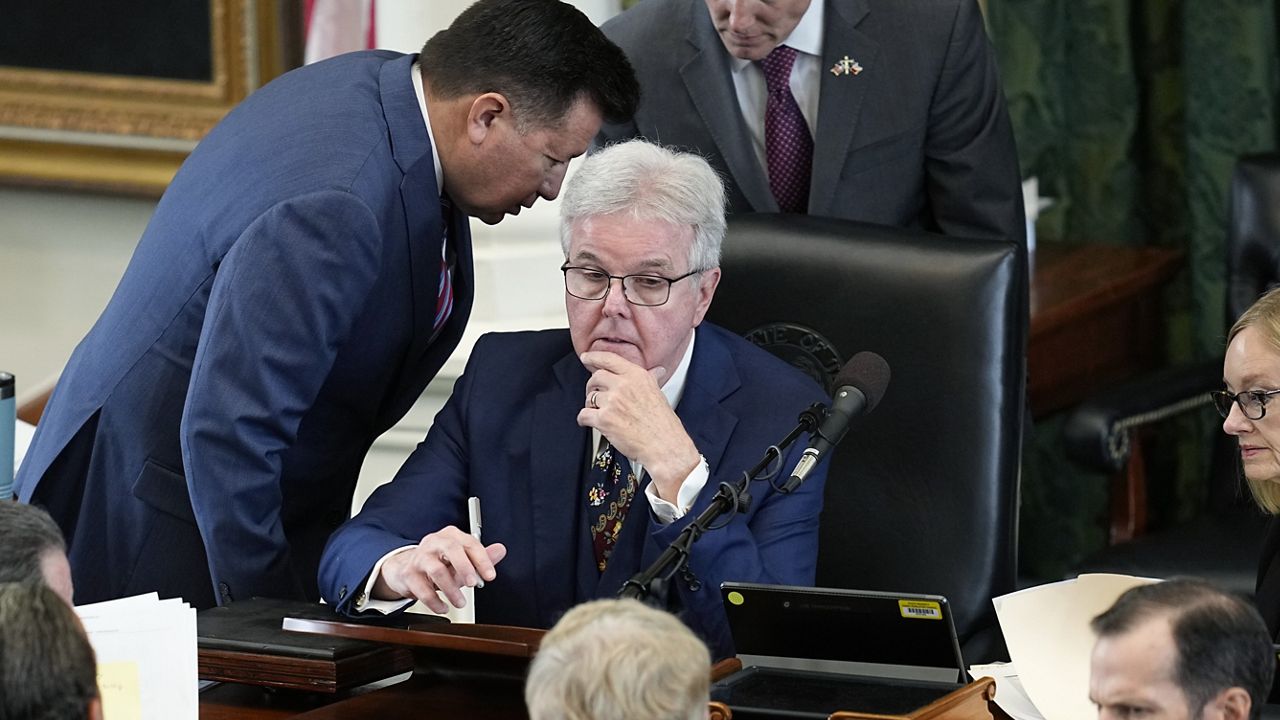TEXAS — As Texas gains national attention for its potential to become a battleground state, Democrats are seeing a massive number of out-of-state campaign donations, particularly in the form of individual donors targeting competitive races in the Texas State Legislature.
Pres. Donald Trump leads in statewide polls by a small margin over Democrat Joe Biden. But Democrats have set their sites on taking control of the Texas State House for the first time in nearly two decades. Based on current campaign finance reporting data, out-of-state funders are heading a nationwide call from Democrats to help win in Texas.
The Democrats have raised $3,437,980 in out-of-state donations for state races, one-third of which came from individual donors. The remaining two-thirds of the contributions have come from out-of-state corporations, political action committees, and other large donor groups, according to FollowTheMoney.org database operated by the nonpartisan National Institute on Money and Politics.
Republicans so far have brought in a total of $2,612,124 from out-of-state for Texas races, of which about 16 percent came from individual donors. That’s about half as many individual, out-of-state donors giving to the Democrats so far this election cycle.
These campaign contributions do not include funds raised for federal races, such Texas’ 36 congressional seats and the one Senate seat on the ballot this year. For those races, Democrats have raised $22.4 million from out-of-state, compared with Republican’s $27 million.
FollowtheMoney.org compiles data from state and federal campaign finance reporting agencies. So far, in this election cycle, the figures for the out-of-state funding to Texas represent about 89 percent of required reporting data. A full analysis of campaign finances will be available several months after the election and the individual state reporting deadlines.
Contribution figures are likely to increase in October, when as much as one-fifth of all contributions have come in during past election years, according to an analysis by Stacy Montemayor, a researcher at the National Institute on Money in Politics.
The Democrats’ pull from out-of-state individual donors, defined as real people giving money instead of political action committees or corporations, has doubled this year in Texas compared with similar figures in 2016, the last presidential election year.
In that year, 17 percent, or about $408,000, of the Democrats’ $2.35 million haul from out-of-state donations came from individuals. Republicans also raised about 17 percent of its out-of-state fundraising from individual donors in 2016, albeit out of a considerably higher total of $6.9 million in out-of-state contributions, nearly double what the Democrats raised that year.
So, why are so many people who aren’t from Texas contributing to state races this year, particularly the Democrats?
Part of the momentum can be attributed to a push from national political action committees and other groups such as Swing Left, ActBlue, and The Lincoln Project. These groups have set their sights on Texas as having the potential to gain Democratic ground, even if Trump still wins the state.
Republican out-of-state donors tend to be political action committees, such as the Republican State Leadership Committee, and companies from industries such as energy and natural resources, finance, and health. They, too, are getting in the giving race, albeit at roughly the same pace as previous years.
Texas Democrats gained momentum after the 2018 election, which ended in a surprisingly close race between Republican Sen. Ted Cruz and his Democratic challenger, Beto O’Rouke.
Republicans currently control the 150-member Texas House of Representatives. State representatives serve two-year terms. This year, there are a number of close races across the state, which Democrats hope to flip to take control of the State House.
Swing Left, for example, has labeled Texas a “Super State” and has so far directed about $1.3 million to state legislative candidates out of $2 million dedicated to Texas, according to Alex Pilla, the organization’s communications manager.
“The Texas House has received the most donations from the Swing Left community of any one legislative chamber across the country,” Pilla said.
In addition, online fundraising on social media and text messages asking for donations has simplified the process for voters to press a few buttons to send in small denominations, sometimes multiple times.
While the final numbers haven’t come in yet, so far, the FollowTheMoney.org database shows about 14,000 records of individual, out-of-state donors contributing to Texas House races.
That does not mean that Democrats have raised $1.1 million in 2020 from 14,000 out-of-state individuals, however. People can donate several times, creating a separate record for each donation. But in comparison with 2016, when there were just 1,082 out-of-state individual records to Democrats’ state races, that’s a significant increase.
For Republicans in both 2016 and 2020, the number of individual records of out-of-state donors has remained relatively similar, with 1,327 individual, out-of-state donor contributions in 2016 and 1,094 so far this year.
“For the longest time, Texas had been known as the ATM – a state where money goes out,” said said Abhi Rahman, the spokesman for the state Democratic Party. “Now, money is coming into Texas, and we're seeing a strong push from our entire ally group."
Rahman said after the death of Supreme Court Justice Ruth Bader Ginsburg, the party saw online donations pour in across the country. Rahman said the Texas Democratic Party’s online fundraising grew seven times in the week after Ginsburg’s death on Sept. 18.
Republicans have enjoyed a majority up and down the ballot in Texas for nearly four decades. But, in recent years, local races from county commissioners to State House seats have become more competitive as the number of Democratic candidates have increased.
Texas’ rapid population growth and changing demographics have fueled a diversification of voters, particularly in suburbs outside the state’s major cities, including Houston and Dallas.
A slow chipping away at Republican dominance in the state has put the GOP on defense, particularly as polls show support for Trump waning among suburban voters, especially women Republicans.
State Republicans have criticized the out-of-state megadonor groups as outside actors trying to push a radical left agenda that won’t win in Texas.
The Lincoln Project has reported contributing $1.5 million to run advertisements in Texas to try to defeat Trump. Its founding members include life-long Republicans and political strategists, some of whom worked on George W. Bush’s campaigns and his presidential administration.
This week, Texas Republican Party Chairman Allen West criticized the group, calling its members “dishonorable, characterless, and devoid of integrity.”
“The members of the Lincoln Project have duly made themselves my opposition, an adversary, and I am focused on defeating them along with the progressive socialist left, the Democrat Party, here in the Lone Star State,” West said in a statement forwarded by party spokesman Luke Twombly.
Trump has called the founders of The Lincoln Project “losers.”









